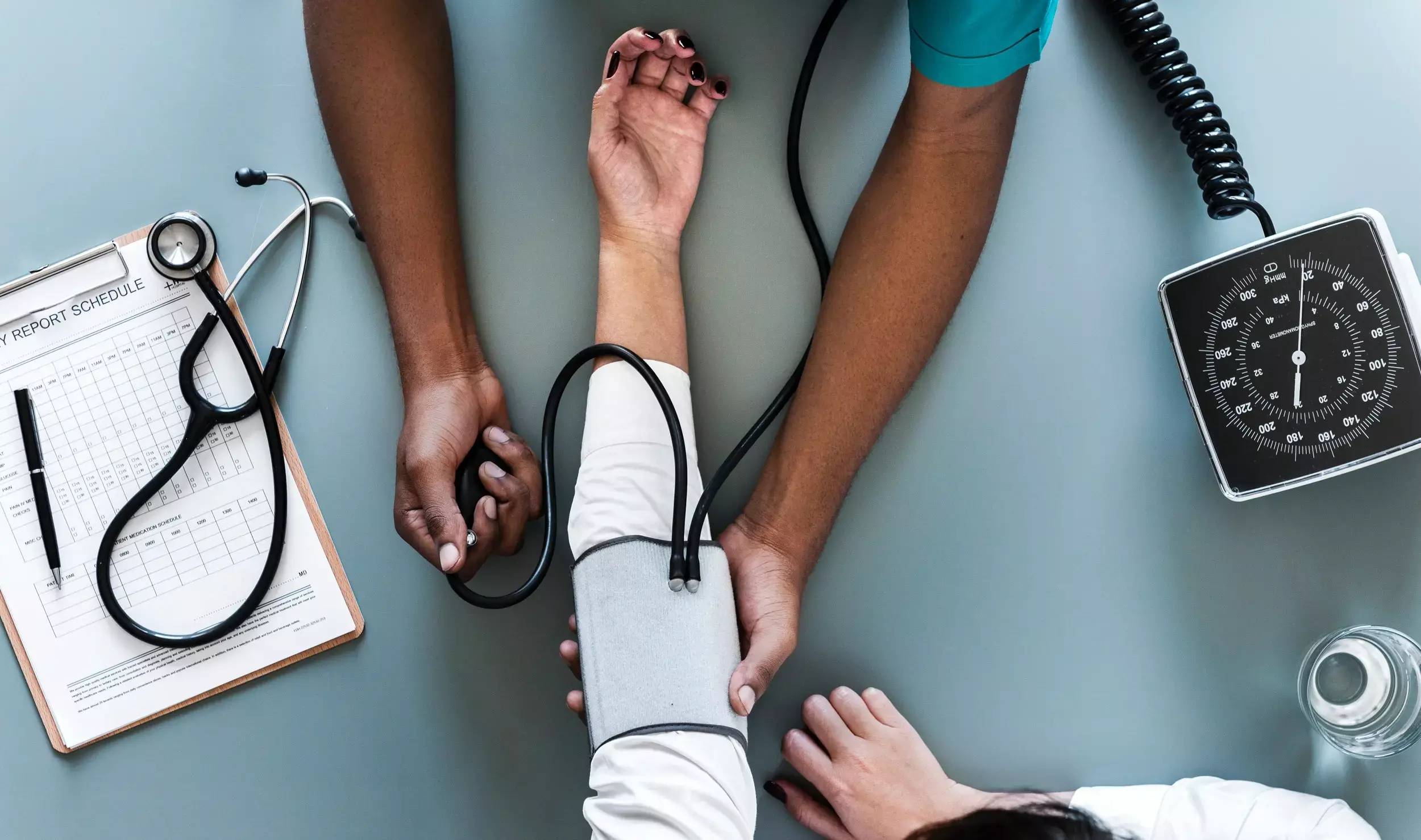- Home
- Medical news & Guidelines
- Anesthesiology
- Cardiology and CTVS
- Critical Care
- Dentistry
- Dermatology
- Diabetes and Endocrinology
- ENT
- Gastroenterology
- Medicine
- Nephrology
- Neurology
- Obstretics-Gynaecology
- Oncology
- Ophthalmology
- Orthopaedics
- Pediatrics-Neonatology
- Psychiatry
- Pulmonology
- Radiology
- Surgery
- Urology
- Laboratory Medicine
- Diet
- Nursing
- Paramedical
- Physiotherapy
- Health news
- Fact Check
- Bone Health Fact Check
- Brain Health Fact Check
- Cancer Related Fact Check
- Child Care Fact Check
- Dental and oral health fact check
- Diabetes and metabolic health fact check
- Diet and Nutrition Fact Check
- Eye and ENT Care Fact Check
- Fitness fact check
- Gut health fact check
- Heart health fact check
- Kidney health fact check
- Medical education fact check
- Men's health fact check
- Respiratory fact check
- Skin and hair care fact check
- Vaccine and Immunization fact check
- Women's health fact check
- AYUSH
- State News
- Andaman and Nicobar Islands
- Andhra Pradesh
- Arunachal Pradesh
- Assam
- Bihar
- Chandigarh
- Chattisgarh
- Dadra and Nagar Haveli
- Daman and Diu
- Delhi
- Goa
- Gujarat
- Haryana
- Himachal Pradesh
- Jammu & Kashmir
- Jharkhand
- Karnataka
- Kerala
- Ladakh
- Lakshadweep
- Madhya Pradesh
- Maharashtra
- Manipur
- Meghalaya
- Mizoram
- Nagaland
- Odisha
- Puducherry
- Punjab
- Rajasthan
- Sikkim
- Tamil Nadu
- Telangana
- Tripura
- Uttar Pradesh
- Uttrakhand
- West Bengal
- Medical Education
- Industry
Pure whey-protein drinks may maximize protein intake without risk of BP falls in elderly

A new study conducted by Oberoi A and team found that the energy contents in the whey-protein beverages lowers blood pressure (BP) and increases heart rate (HR) instead of macronutrient composition and may last for at least 3 hours after intake. The findings of this study were published in BMC Geriatrics.
Caloric supplements are increasingly being utilized by the elderly in order to boost their regular protein consumption. These high-calorie beverages, particularly those high in glucose and whey protein, may cause potentially dangerous drops in BP. The impact of consuming whey protein with glucose and fat on blood pressure is unclear. It has also been hypothesized that the greatest drop in systolic blood pressure happens within 2 hours of eating.
The purpose of this study was to see how whey protein, alone and in combination with other macronutrients, affected systolic (SBP) and diastolic (DBP) blood pressure and HR in older men for 3 hours. Thirteen older men (age 75±2yrs; BMI 25.6±0.6 kg/m2) drank one of four drinks on different research days:
1. 70 g whey-protein (P280)
2. 14 g whey-protein, 28 g carbohydrate, 12.4 g fat (M280)
3. 70 g whey-protein, 28 g carbohydrate, 12.4 g fat (M504)
4. a non-caloric control drink (C).
The major findings of this trial are as follow:
1. SBP reduced after all three nutritional drinks compared to the C, with the M504 drink having the highest reduction (P = 0.008).
2. Maximum drops in SBP (C: -14 ±2 mmHg, P280: -22 ±2 mmHg, M280: -22± 4 mmHg, M504: -24 ±3 mmHg) occurred around 2 h after drink administration and were maintained (120-180 min: P280 and M504 vs. C P 0.05).
3. Maximum DBP reductions and HR rises occurred following M504, with no differences in the effects of the P280 and M280 beverages.
In conclusion, pure whey-protein beverages may be the greatest way to increase protein consumption without raising the risk of harmful blood pressure drops in older persons.
Reference: Oberoi, A., Giezenaar, C., Lange, K. et al. Acute effects of whey protein, alone and mixed with other macronutrients, on blood pressure and heart rate in older men. BMC Geriatr 22, 535 (2022). https://doi.org/10.1186/s12877-022-03213-1
Neuroscience Masters graduate
Jacinthlyn Sylvia, a Neuroscience Master's graduate from Chennai has worked extensively in deciphering the neurobiology of cognition and motor control in aging. She also has spread-out exposure to Neurosurgery from her Bachelor’s. She is currently involved in active Neuro-Oncology research. She is an upcoming neuroscientist with a fiery passion for writing. Her news cover at Medical Dialogues feature recent discoveries and updates from the healthcare and biomedical research fields. She can be reached at editorial@medicaldialogues.in
Dr Kamal Kant Kohli-MBBS, DTCD- a chest specialist with more than 30 years of practice and a flair for writing clinical articles, Dr Kamal Kant Kohli joined Medical Dialogues as a Chief Editor of Medical News. Besides writing articles, as an editor, he proofreads and verifies all the medical content published on Medical Dialogues including those coming from journals, studies,medical conferences,guidelines etc. Email: drkohli@medicaldialogues.in. Contact no. 011-43720751


